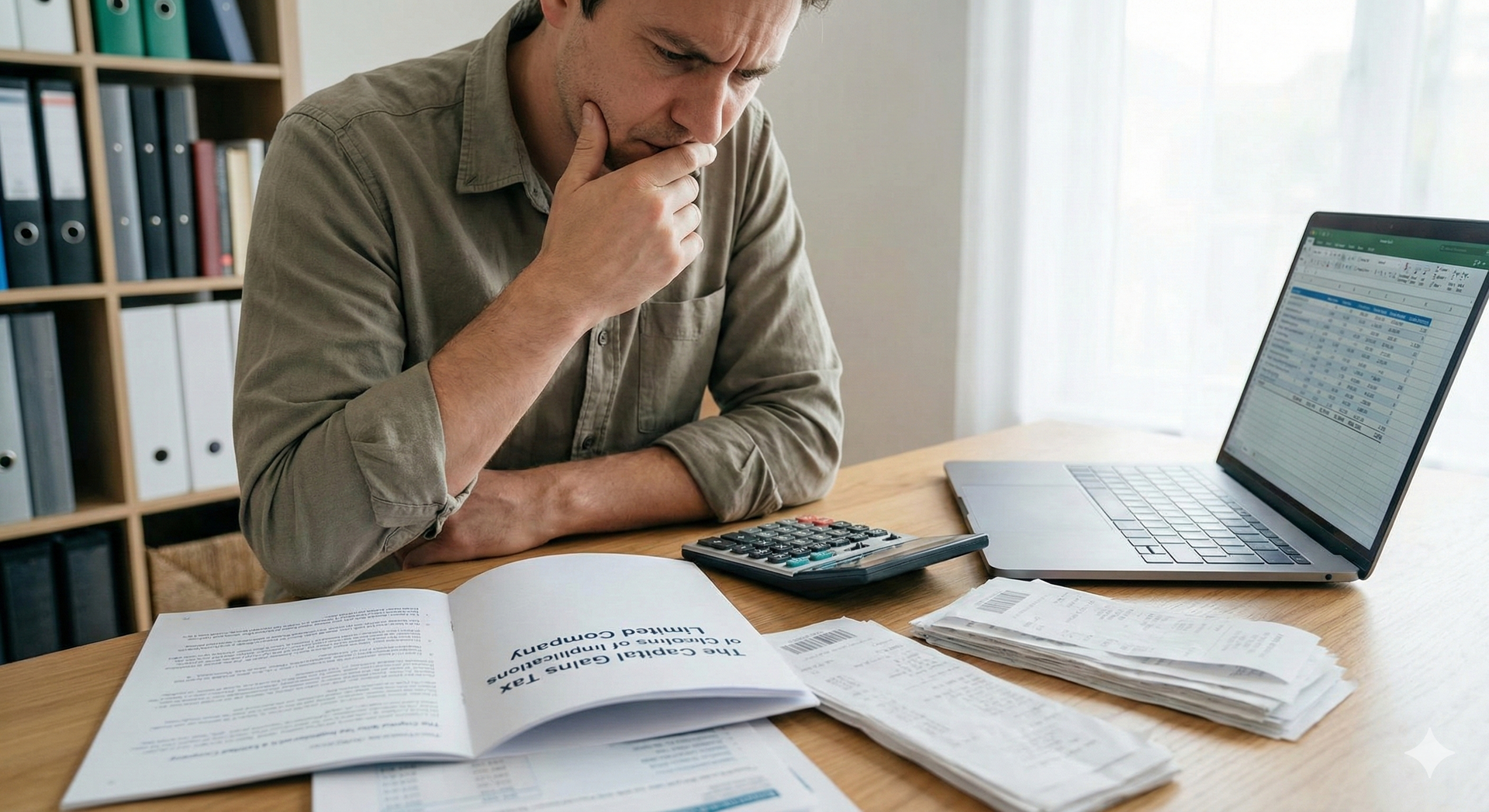The Purpose of Capitalising Assets and When to Do It
If you deal with any business on a regular basis, you will have heard the term capital assets. Lots of businesses, have fixed assets or capital belonging to their company.
But what does the term capitalising assets actually mean? Capital assets can be anything from furniture to computers to buildings but they must have a useful life of at least a year.
They are called capital assets because HMRC treats them separately from any costs incurred in the day to day running of your business. These other costs are referred to as revenue expenditure. If you’re looking to capitalise your assets, this guide should get you started on what to look at and when.
What is capital expenditure?
Capital expenditure (Capex) is any amount that has been spent to buy or improve long term assets. This could be something small like a computer, or a large investment like an enormous manufacturing plant. These purchases are made to advance the business whether in terms of sales or productivity. A business should always maintain a history of all their Capex purchases and record them in a balance sheet.
After an asset is recorded, it then depreciates over its total lifespan. This means the value of the asset to the business gradually reduces as the asset ages. This reduction in value is known as depreciation and this expense is charged to the company's profit and loss account. This is normally done monthly. Accumulated depreciation is recorded on the company's balance sheet enabling the owner to see how much the asset is worth at any point in time, known as the net book value.
What is revenue expenditure?
Revenue expenditure is an expense that incurs as a part of your business producing products or services. Revenue or operating expenses must be accounted for in total in the period when the commitment to spend the money is made (under the accrual accounting basis) or when the cash leaves the bank (under cash accounting basis).
Keep in mind, this does not mean that revenue expenditures are in any way less important than capital expenditures. Revenue expenditures are required to be paid to keep the asset running and help the business realise the benefits. Examples include staff costs, rent, rates and utilities.
Why do we consider capitalising assets?
A business capitalises its assets so the cost of the asset can be matched against the subsequent revenue that having the asset will generate. For example, you buy a car so that your salesman can visit customers to sell your product. The cost of that car continues to deliver benefit to your company in the form of new sales over the useful life of the car. If you were to expense the car to the profit and loss account in the month you purchased it, you would have a loss on your P/L because all the revenue associated with having the asset would not be made in the first month. So, the benefit of capitalising assets is that it presents a clearer picture of how well your business is doing.
How to decide whether to capitalise or expense our assets
Deciding what to make an asset and what to write off as an expense is a judgement call for business owners but there are financial standards that you need to follow to help you decide about capitalising assets. Let’s use another example: you buy a computer and capitalise it on your balance sheet. A few months later you buy a printer to go with it. Should that be expensed or capitalised? It can be hard to decide.
To simplify the decision, think about what your definition of success is. Be realistic on whether a Capex investment will bring return into the business over a long period of time. You should also create clear lines of communication if multiple teams are looking to buy assets. It’s a good idea to create a capitalisation policy in your business. This can be helpful to decide what should be capitalised or expensed. A minimum threshold can also be applied - for example, £1000. There isn’t a set value in the eyes of HMRC for a threshold, so you will need to decide what works for your business.
Sorting out your capitalisation and depreciation policies and processes is a vital element of running a successful business. Get in touch with
David Masih, our client relationship partner. David can explain how we can support you to achieve a streamlined accounting function during a no-obligation chat today. Call
03330 067 123 or email
info@onthegoaccountants.co.uk.





